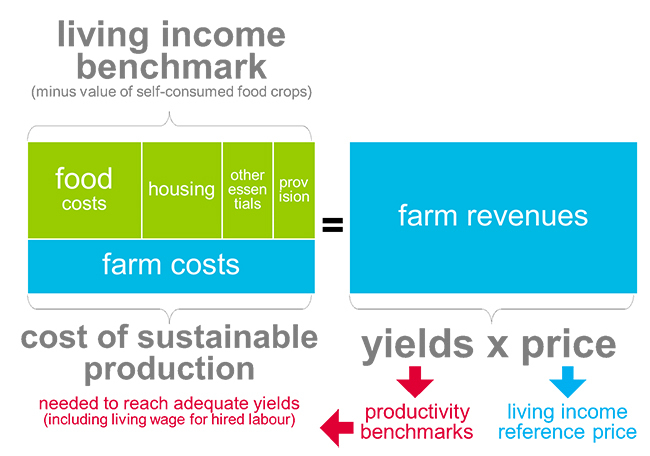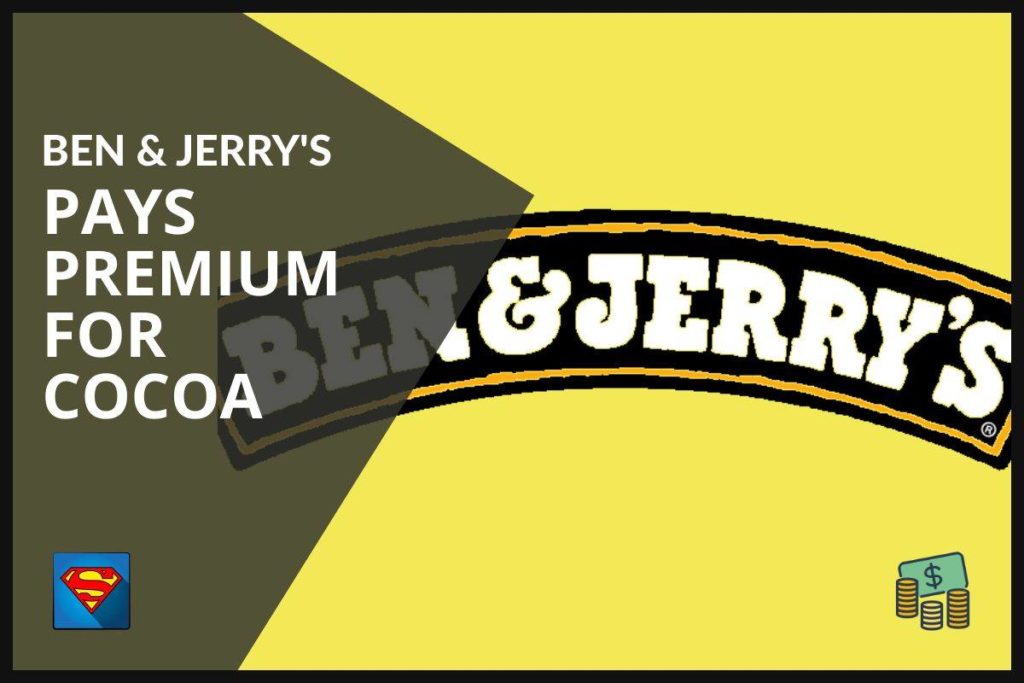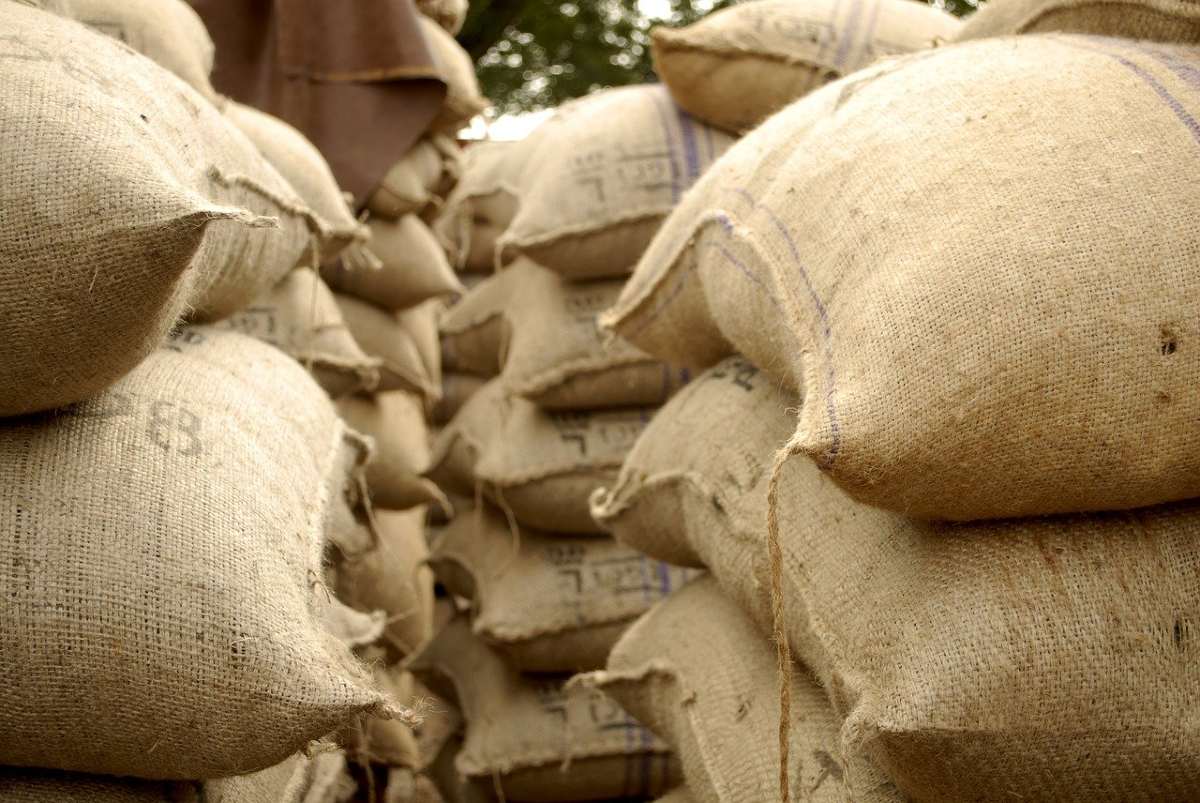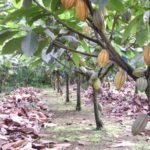Ben & Jerry’s will be paying $800,000 (£606,000) over the next year, on top of the Fairtrade premium price it already pays for cocoa farmers.
The company says it is committing itself to “economic justice” for its cocoa farmers in Côte d’Ivoire by bringing the amount it pays for the cocoa in its ice cream in line with Fairtrade’s Living Income Reference Price.
Fairtrade Living Reference Prices are calculated based on:
- Costs of living
- Costs of sustainable production
- Productivity benchmarks

The Fairtrade Foundation reports the living income is calculated to be $2.50 (£1.87) a day for cocoa farmers in Côte d’Ivoire. Most cocoa farmers in the region currently live in extreme poverty on less than a dollar a day.
In total, Ben & Jerry’s will be paying $800,000 (£606,000) over the next year, on top of the Fairtrade premium price it already pays.
Ben & Jerry’s values-led sourcing manager Cheryl Pinto says,
We’re committed to working for economic justice through our ice cream. There’s so many threads in this story between climate resilience and colonialism and racism when you think about how the colonial global trade system works and how much has been extracted from countries, especially in West Africa.
Cocoa being the key ingredient in the $130bn chocolate industry, but the smallholder farmers who grow it are yet some of the poorest in the world.
Cocoa farmers do not earn a living income by most standards. One issue that this situation is attributed to, is the way cocoa is traded.
Governments in Côte d’Ivoire and Ghana, which produce around 60 per cent of the world’s cocoa, set the prices in consultation with the buyers. Between the consumers and the farmers, the processing giants in the middle of the chain is in control over how much they pay producers. This is an issue some readers from the region have written to Bartalks about over the last few months.
In total, Fairtrade chocolate, most of which isn’t sold on living income terms, accounts for only 6% of the chocolate sold globally.
This year, the Ivorian and Ghanian governments increased the price of cocoa by introducing a Living Income Differential, a $400 premium per tonne above the market price, that all cocoa buyers have to pay.
The new government legislation has brought the market price closer to the Fairtrade Living Income Reference price of $2.20 per kilo, and Ben & Jerry’s decided to use the opportunity to close the gap for the cocoa in its ice cream.
Ben & Jerry’s paying a Fairtrade Living Income Price Differential adds about $133 per tonne on top of the government’s $400 per tonne. The company estimates this will generate an extra $120 per farmer, per year.
Cheryl Pinto adds,
Brands tend to focus on productivity and quality. They think farmers just need to grow more because then they can sell more and make more money. But price is still so critical – if we don’t increase prices farmers are never going to get out of the poverty cycle.
You can’t talk about climate change and climate resilience without economic justice. A farmer needs to be able to feed herself and her family before she feeds the world.
Ben & Jerry’s says the long-term plan is to introduce living incomes in their other global supply chains, too and has already started working on the cocoa for its “chunks and swirls” and with Fairtrade on vanilla.







